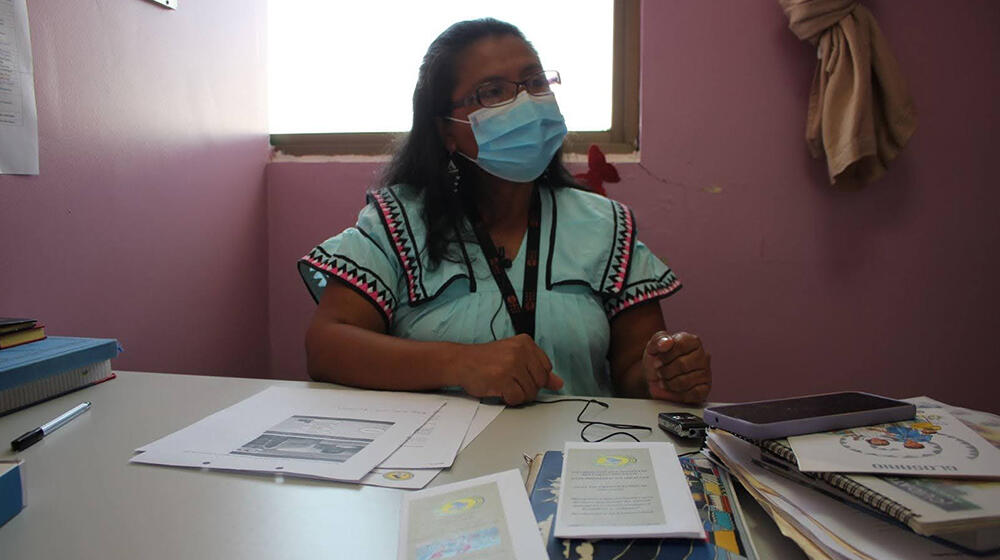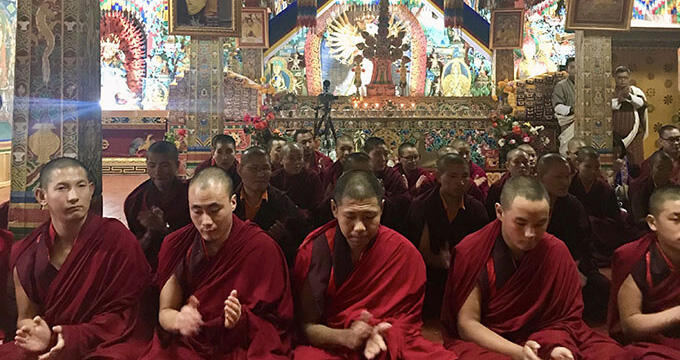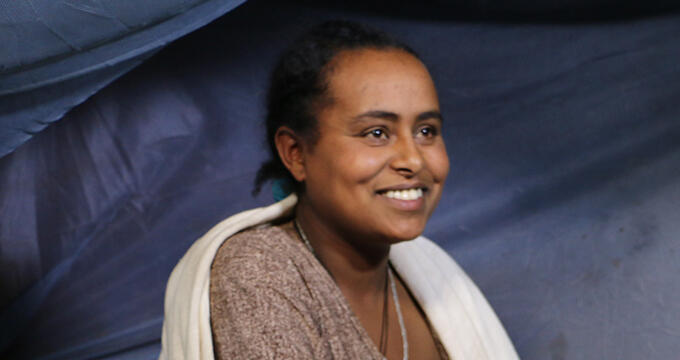This report presents findings from a mapping initiative that aimed to capture how faith-based organizations respond to violence against women and girls in the Asia-Pacific region. As a collaborative initiative between UNFPA and the Asia-Pacific Women Faith and Development Alliance (AP-WFDA), it sought to identify examples of strategies used by faith-based organizations. The report brings together the experiences of 58 organizations collected through an online survey, supplemented by in-depth interviews conducted with selected agencies. Importantly, the survey results represent only a small proportion of the faith-based organizations addressing violence against women and girls across the region.
Distinguishing between faith and secular responses to violence against women and girls might imply an incompatibility of approaches. The findings suggest however that the responses are often very similar. More than half of the participating organizations explicitly cited rights-based international frameworks as key sources of guidance. Many of the participating faith-based organizations expressed their interest in partnering with UN agencies, other secular organizations, and organizations of the same and other faiths. Increasing dialogue and collaboration, they believe, would increase their effectiveness to respond to violence against women and girls.
Through an on-line survey targeting faith-based organizations known to UNFPA and AP-WFDA members, information was gathered on the broad range of approaches faith-based organizations have adopted to address violence against women and girls, and the challenges they face in doing this. The mapping was not intended to assess the quality or scope of the faith-based responses to addressing violence, but rather to obtain a ‘snapshot’ of the range of approaches adopted. Respondents were also invited to suggest solutions that they thought might help to improve the scope and quality of their work.





